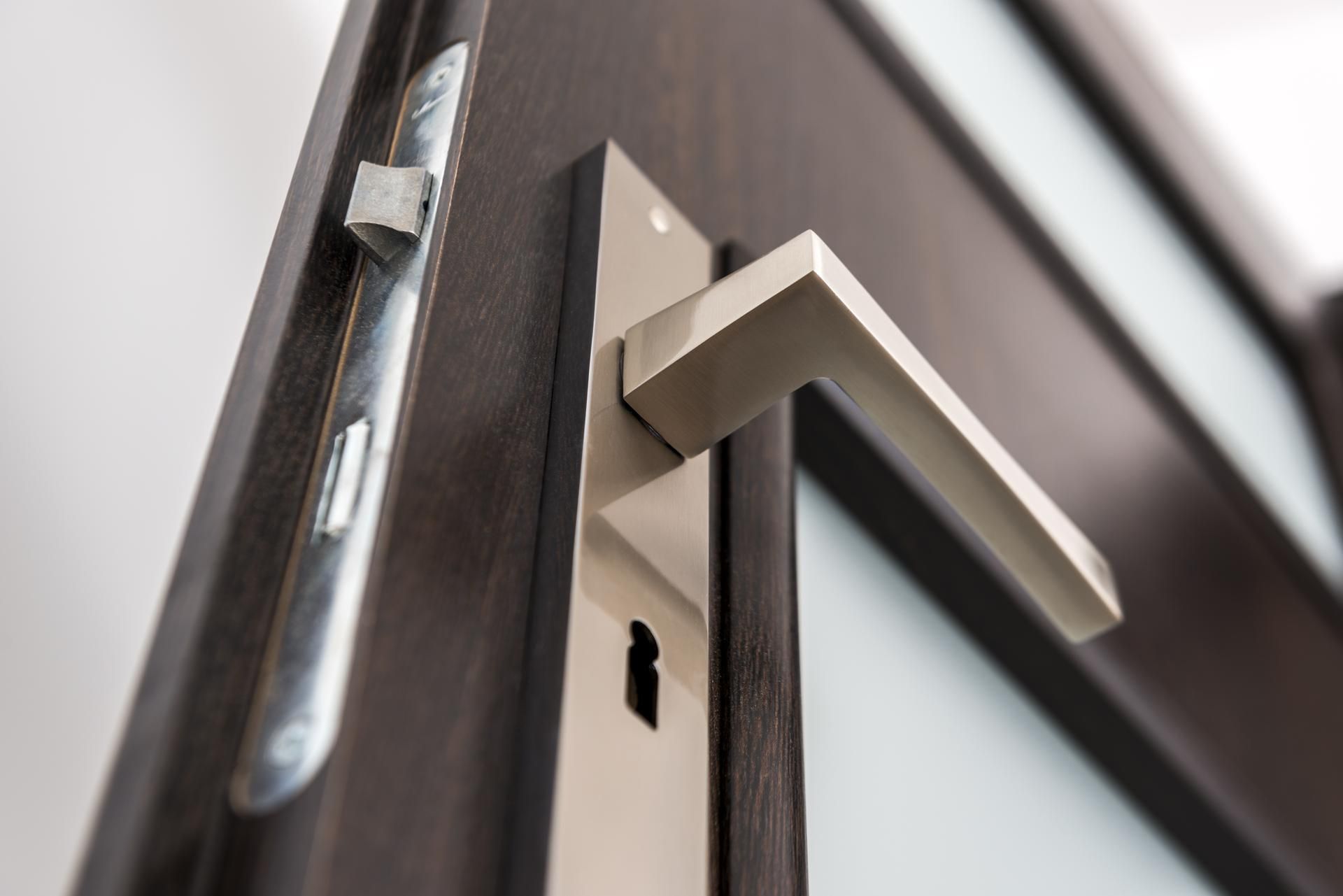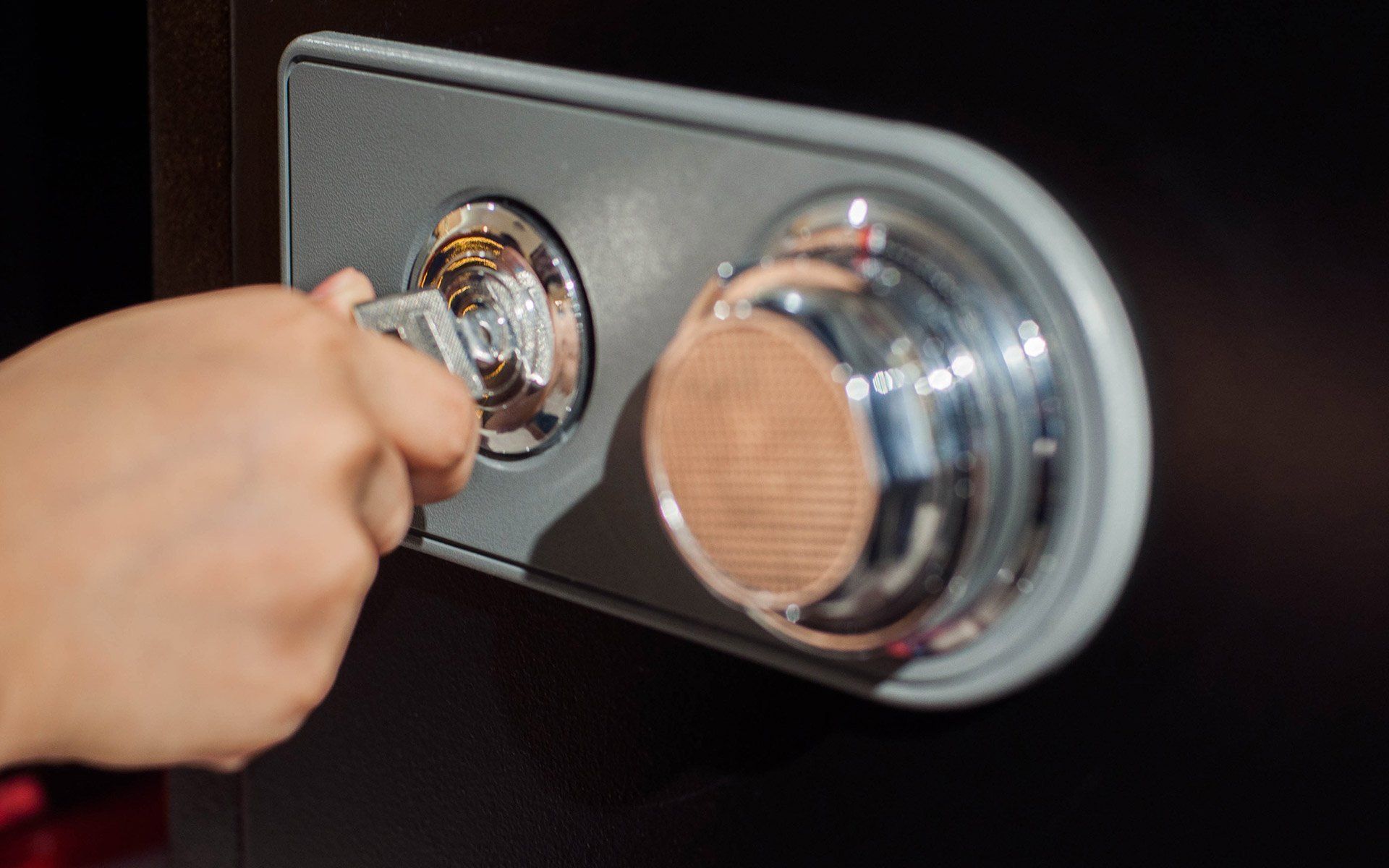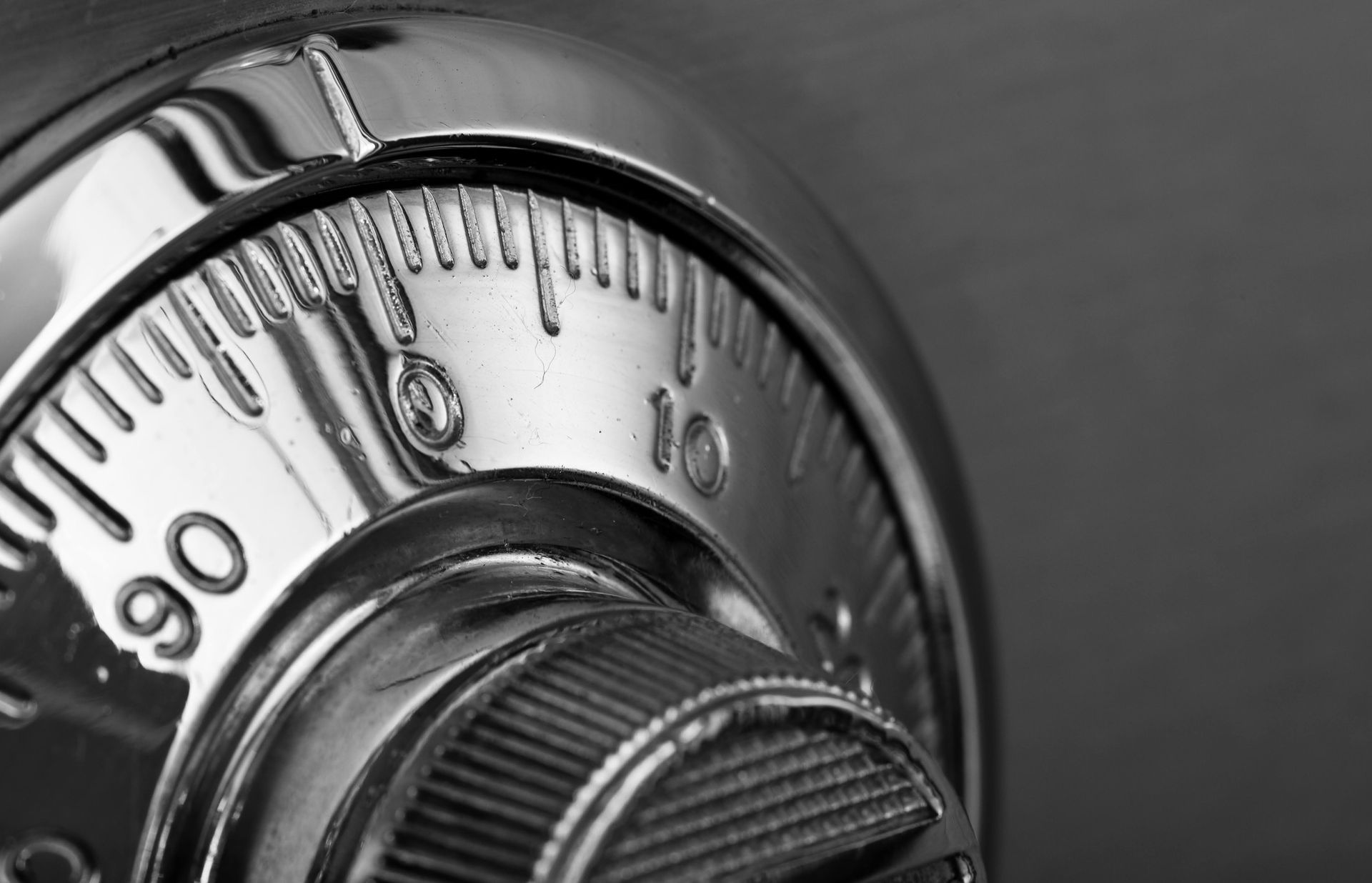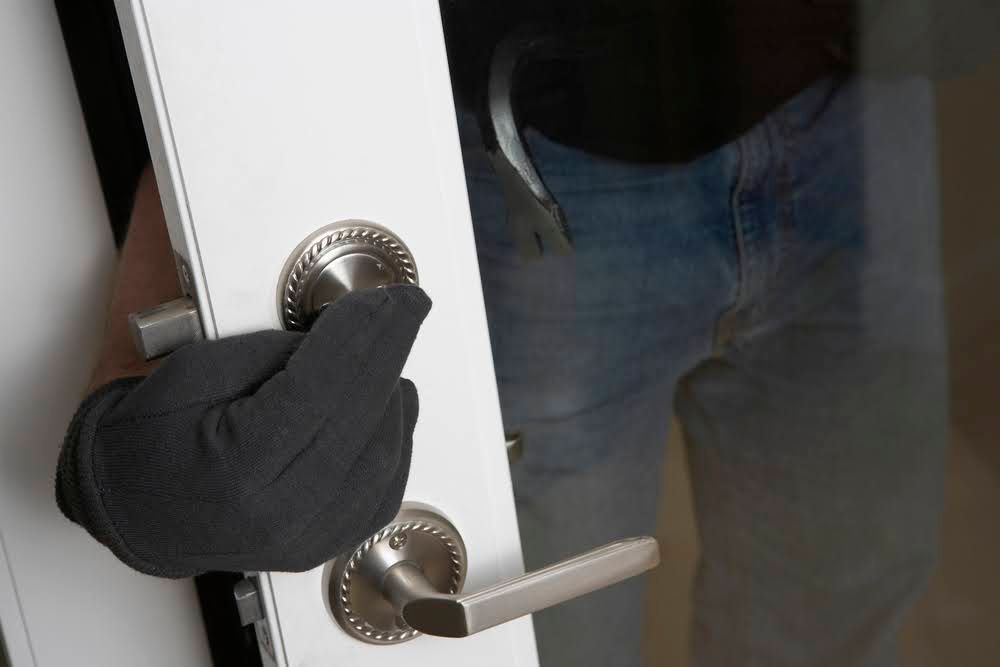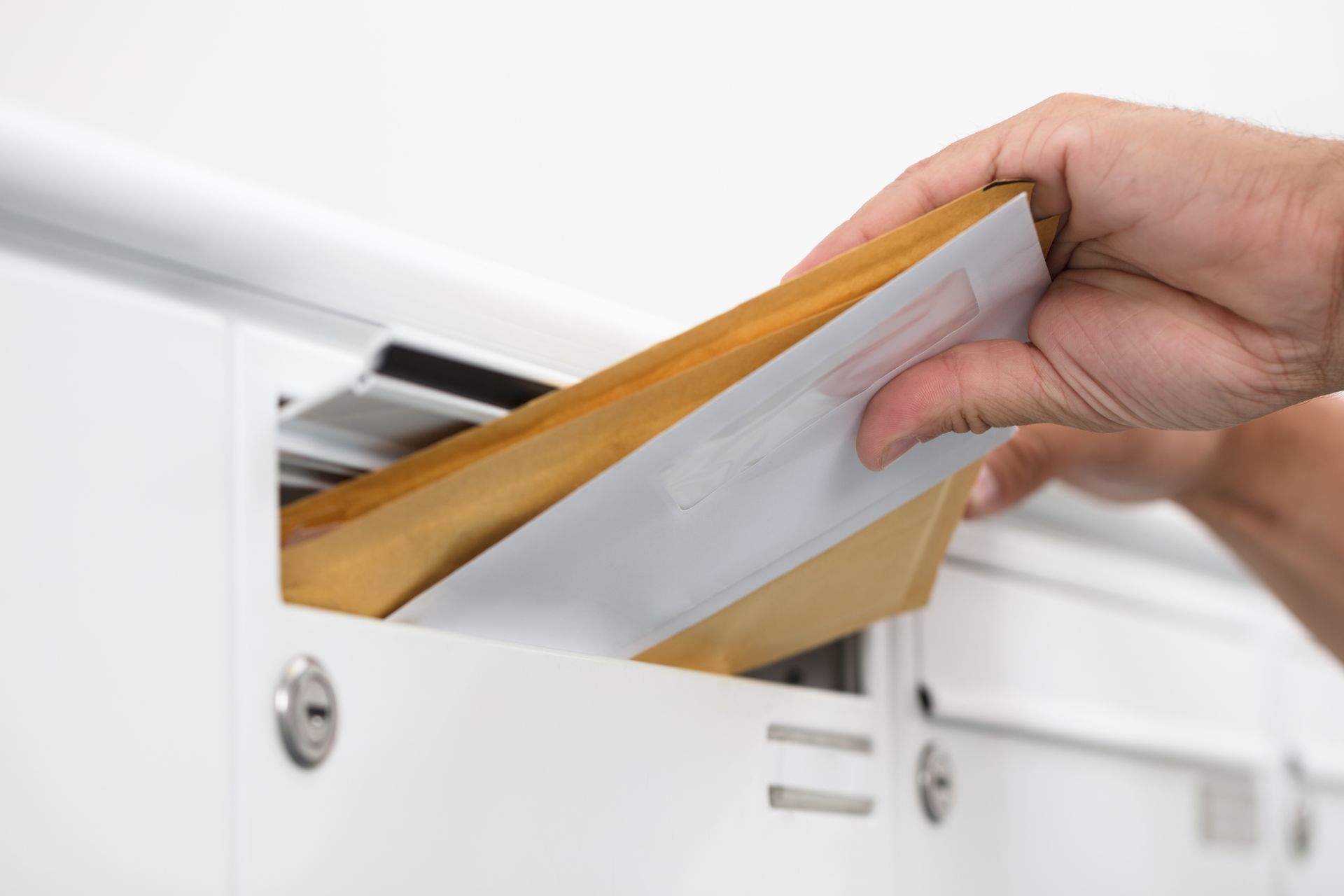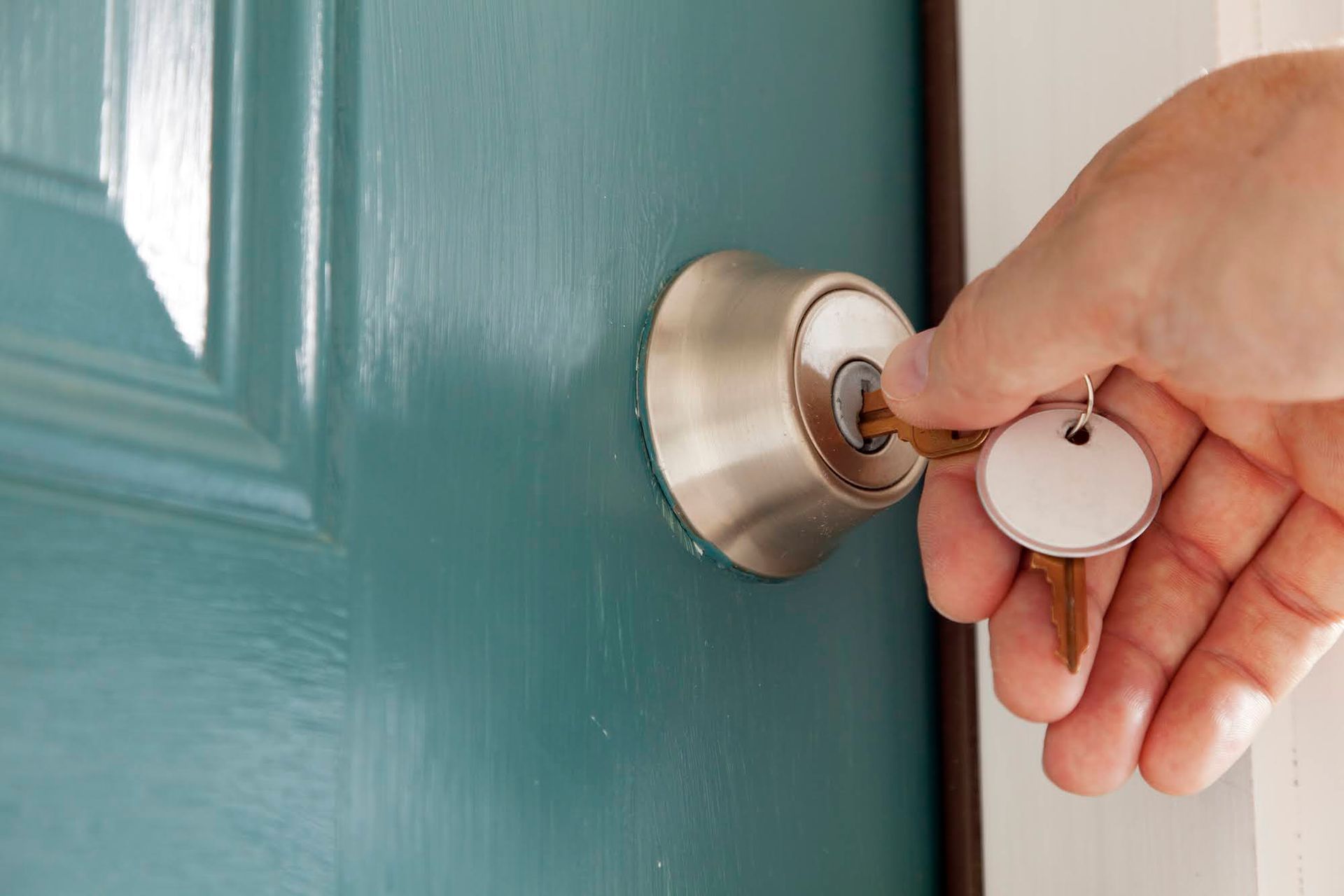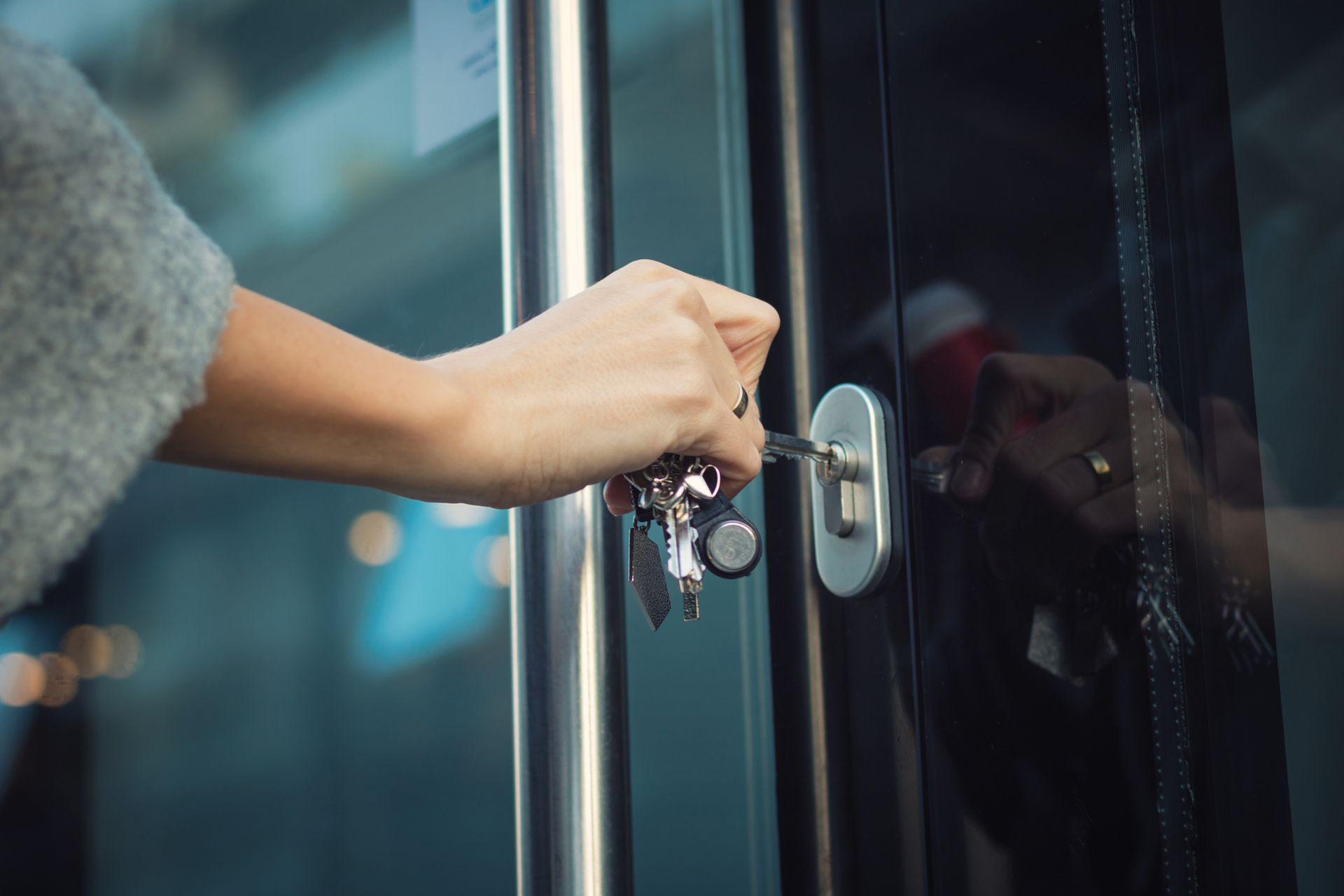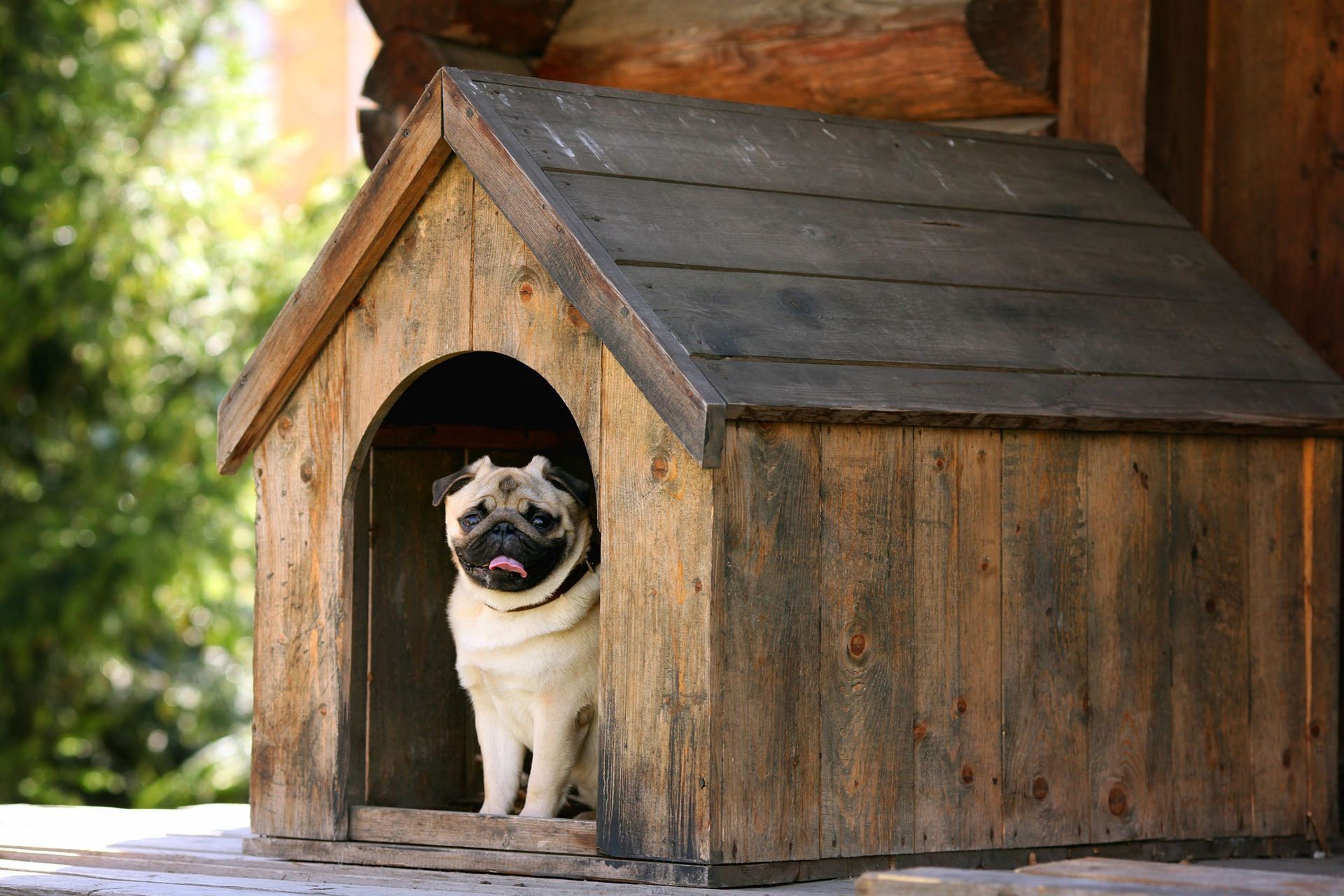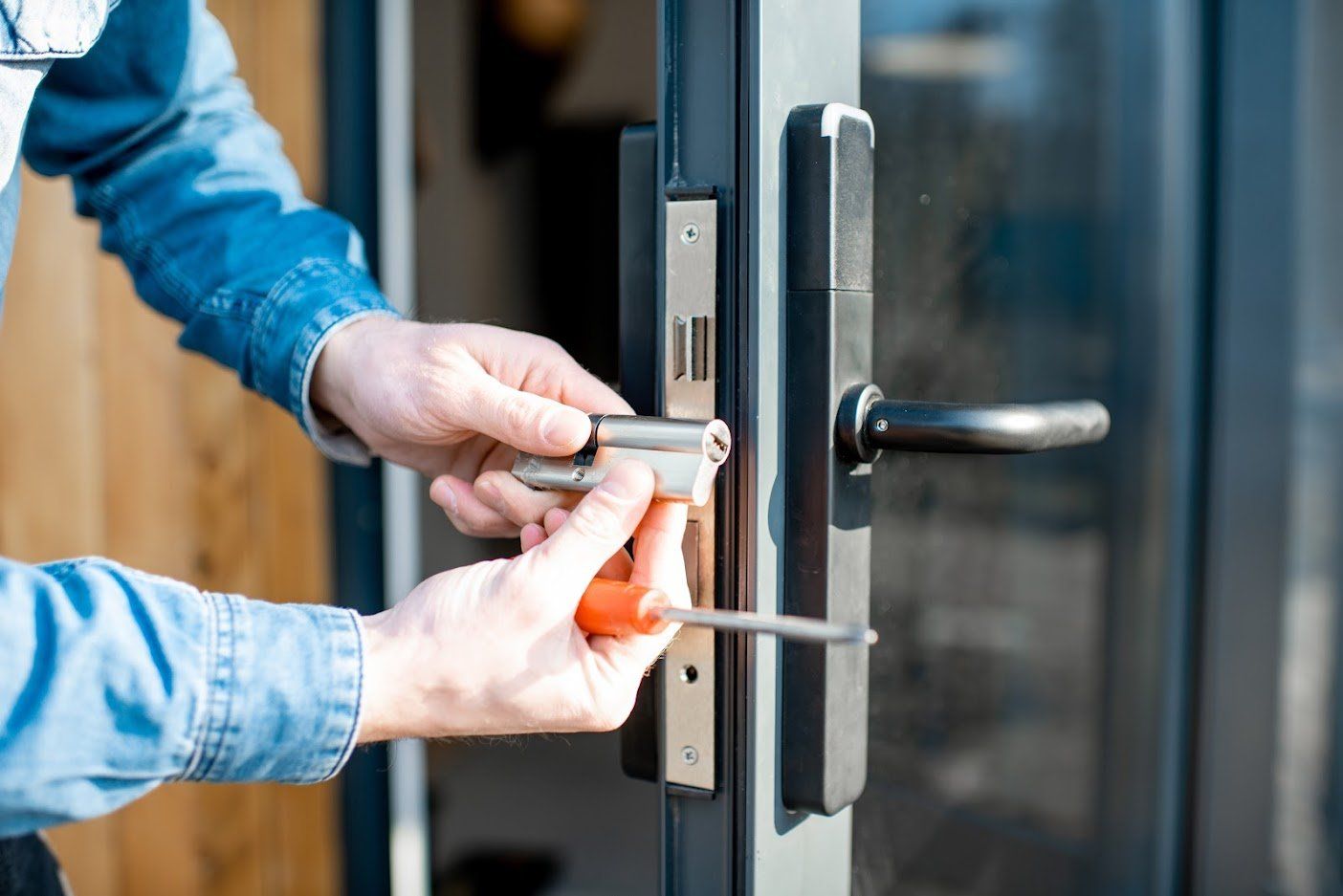4 Common Commercial Lock Problems and How To Fix Them
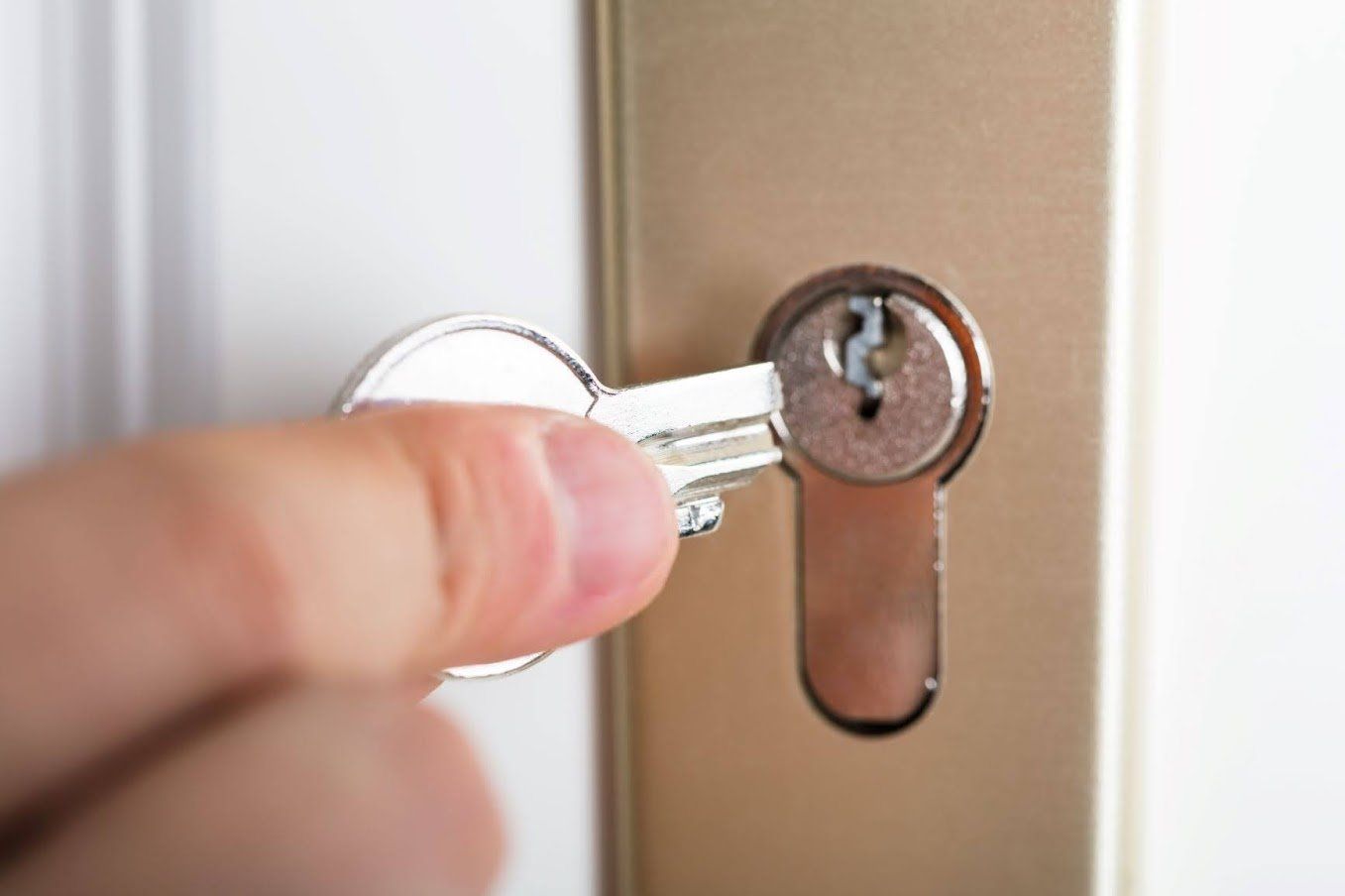
The locks on your commercial doors and windows act as the outermost layer of protection against unlawful entry into your business premises. As a result, they are a vital part of your commercial establishment's physical security. Keeping them in good working shape is essential to safeguard your facility against potential security threats.
Unfortunately, commercial locks will occasionally develop problems due to frequent use, poor weather conditions, and other factors. While some of these problems require relatively quick fixes, it is best to bring in a professional locksmith whenever you experience problems with your locks.
Check out these common commercial lock problems and how to resolve them.
1. Key Breaks Off in the Lock
Although commercial keys can withstand heavy use, they still undergo wear and tear. As these keys weaken with time, they become more susceptible to breaking, especially if turned using too much force.
A commercial key can also break off if the lock's internal mechanism is faulty and won't allow the key to turn.
The repair process for a snapped key starts with removing the key using simple extraction tools like paper clips, tweezers, needle nose pliers, and high-strength adhesives. Once the key is out, the lockset will be checked for damage and repaired if necessary. If the lock is still intact, your locksmith will replace your key if you don't have a spare one.
2. Key Can't Get In
Another common problem with commercial locks is when the key won't go in at all, let alone turn. Difficulty inserting the key into your lock may happen if the lock becomes clogged with dirt and grime.
You may not realize it, but unwashed hands pass dirt (and germs) to other people and objects. Consequently, you may inadvertently transfer the dirt to your keys each time you touch or use them. The built-up dirt eventually gets inside your locks when you use the keys.
Cleaning the key and the keyhole with a penetrating lubricant will help to remove the dirt. Cotton swabs dipped in rubbing alcohol are also an effective cleaning solution for dirty keys and locks. Never use soap and water to clean your key and keyhole, as they may damage the lock's inner working mechanism.
If a bent key prevents you from entering your commercial premises, straighten it to fix the issue.
3. Key Won't Turn
Successfully putting a key inside your locks isn't a guarantee that they will unlock. A key can glide smoothly into the lockset but still fail to turn.
If you notice that the key won't turn, you mustn't apply too much pressure to it. Applying too much force when using the key could cause it to snap. Lubricate the lock with powdered graphite or silicone spray to see if the problem will disappear. If it persists, it's best to call a professional locksmith.
4. Lock Is Frozen
Frozen locks are a common occurrence in areas that experience freezing temperatures, and here's why.
Condensation can infiltrate your locks when outside temperatures are relatively warm. When temperatures drop, the trapped moisture will start to freeze, preventing you from opening your locks.
You need a heat source to fix the problem — this could be hot water, a lighter, a blowtorch, or a heat gun. The goal is to heat your locks to melt the ice away. Alternatively, heat your key before inserting it into the frozen locks to resolve the problem.
As a full-service locksmith serving residential and commercial clients based in Portland, Oregon, and Tri-County areas since 1966, Atlasta Lock and Safe Company can help you resolve any problem with your locks, keys, or safes.
Contact us today to talk about the locksmith services you need.

